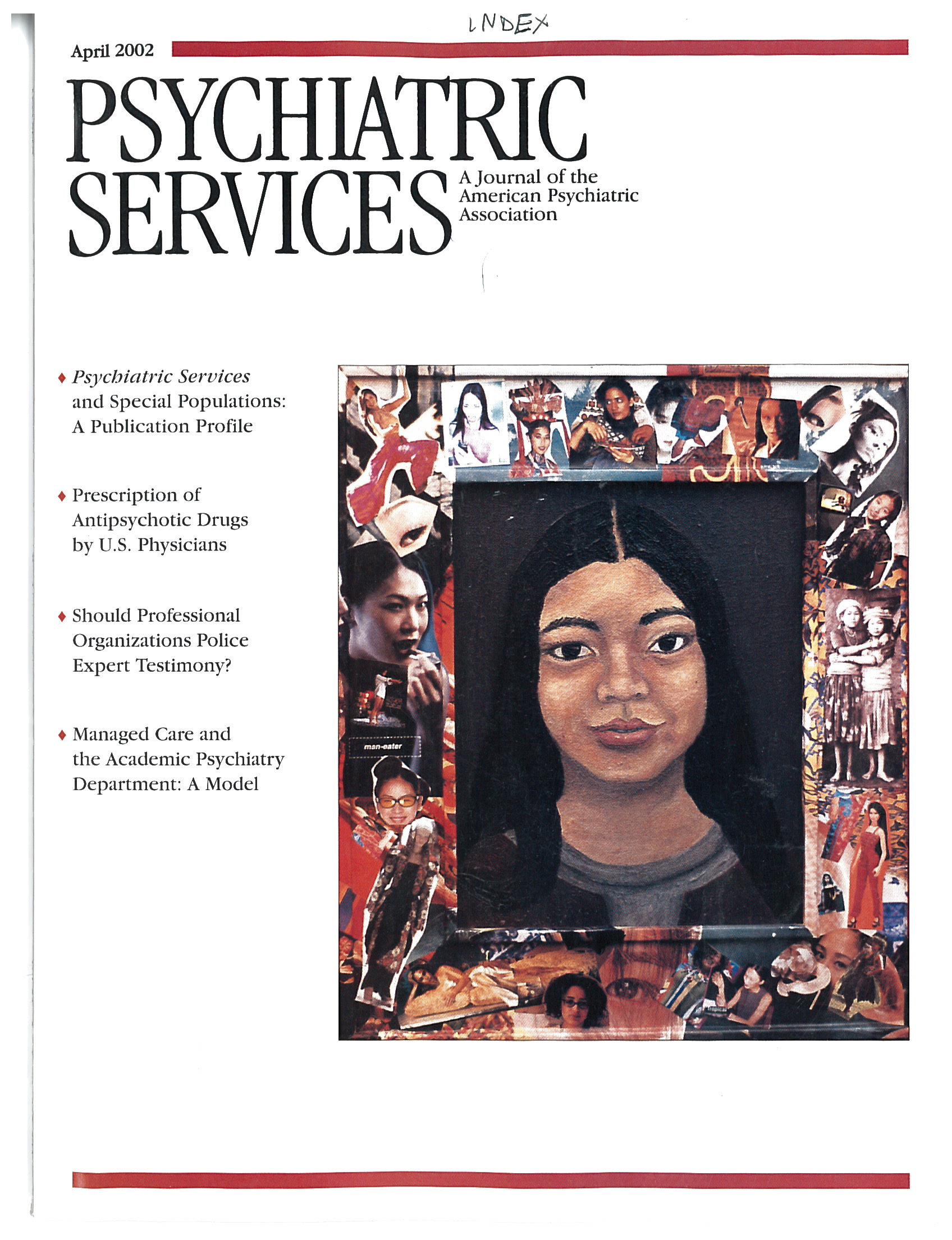Informed Consent: Legal Theory and Clinical Practice, second edition
The first edition of this landmark book was published in 1987. This second edition, like its predecessor, is a superb blend of ethics, law, practice, and research.
Informed Consent: Legal Theory and Clinical Practice is divided into five parts comprising fifteen chapters. Part 1, "An Introduction to Informed Consent," contains two chapters that frame the questions underlying informed consent and discuss its ethical justification. The authors describe informed consent as "a theory based on ethical principles, given effect by legal rulings and implemented by clinicians [that] has been haunted by its complex lineage."
In part 2, "The Legal Theory of Informed Consent," the authors devote five chapters to reviewing the origins of informed consent as a legal principle and discussing its legal elements, exceptions to the practice, and various critiques of the informed consent doctrine.
Part 3 contains four chapters on "The Clinical Setting," which, for many readers, will be the heart of the book. In these chapters, the authors articulate most clearly their formulation of informed consent, one aspect of which is the contrast between informed consent as an "event" and as a "process." Informed consent in practice has usually been viewed as an "event" in which information is provided at the beginning of treatment for the patient, who then decides what to do. The authors favor a "process" model, which assumes that "medical decision making is a continuous process, not a discrete event." This section also includes helpful chapters on the informed consent form as well as on informed consent in managed care settings.
In part 4, "Consent to Research," two chapters discuss consent issues in the context of research. As with consent in the realm of treatment, the authors favor a model that posits consent as an ongoing process rather than a discrete event. This section is particularly helpful in light of the renewed focus on the importance of informed consent in research occasioned by a number of recent instances in which a failure to adequately address informed consent is alleged to have harmed individuals enrolled in research projects.
Finally, in part 5, "Advancing Informed Consent," the authors discuss limits on informed consent. They make the useful point that too much can be expected of the doctrine, noting, for example, that informed consent will not enhance autonomy when a patient has few real choices. They also recapitulate their earlier endorsement of informed consent as a process rather than as an event.
The authors' position that viewing informed consent as a process is consistent with both patient autonomy and good clinical practice is critical in an era in which patients are asked to navigate an increasingly complex health care system. Such a perspective would move practitioners from a focus on ensuring that the consent form is signed to the more appropriate focus on ongoing discussions with patients over the course of treatment or research.
Informed Consent is an excellent book. It provides a clear synthesis of theory and practice. It is perhaps the most successful reconciliation available of the complexities of informed consent, and, in accomplishing this task, it does justice both to patients and to professionals. This book should serve as a guide and a reference source for all health care professionals, health care attorneys, ethicists, researchers, and patients.
Mr. Petrila is chair and professor in the department of mental health law and policy at the Louis de la Parte Florida Mental Health Institute at the University of South Florida in Tampa.



